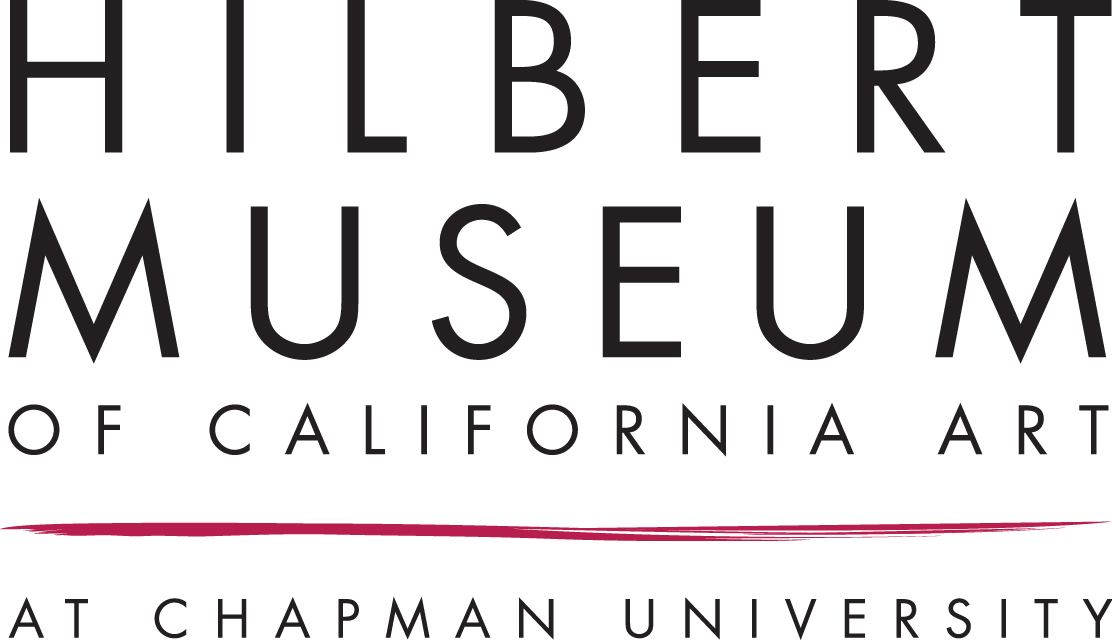Letterio Calapai
The outstanding printmaker Letterio Calapai (1902-1993) was born in Boston where he undertook basic art studies. In addition, he enrolled in the Art Students League in New York and named the following as his private teachers: Ben Shahn, Robert Laurent and Charles Hopkinson. Calapai became a member of the National Society of Mural Painters, the Atelier 17 Group of Northwest Printmakers, the Springfield, Massachusetts Art League and the Baltimore Watercolor Club, as well a the Society of American Graphic Artists.
In 1934 Calapai turned to printmaking almost exclusively and exhibited three works at Salons of America: Eleanora, Odalisque and Portrait. In the same year at the Pennsylvania Academy of the Fine Arts he exhibited The Negress. Two years later his watercolor, Maine Islands No. 7 was on view at the Art Institute of Chicago's winter show. In 1977 the Workshop Gallery in Glencoe, Illinois held a retrospective exhibition of Calapai's woodcuts and wood engravings. The artist's works are to be found in the following museums: the Metropolitan Museum of Art, the Fogg Art Museum (Cambridge, MA), the Museum of Fine Arts, Boston, the New York Public Library, Columbia University, Princeton University, the Art Institute of Chicago, the Kunsthaus in Zurich, the Bibliothèque Nationale in Paris, in addition to many more museums all over the world.
Calapai executed a mural in Brooklyn's 101st Battalion Armory and he illustrated books, for instance, Look Homeward, Angel, a portfolio of wood engravings inspired by Thomas Wolfe's novel. In 1959 he won a Tiffany Foundation grant and a year later he founded the Intaglio Workshop for Advanced Printmaking. Calapai was an instructor at numerous schools and colleges, including the Albright Art School, the Riverside Museum in New York City, Brandeis University, the New School for Social Research, and the University of Illinois Circle Campus in Chicago. Calapai published limited, memorial editions of classic wood engravings, such as Aesop's Fables, with illustrations by Thomas Bewick, first published in London in 1887. In such efforts, Calapai printed a limited number of copies from the original blocks.
Source:
ArtArt.com
Written and submitted by Michael Preston Worley, Ph.D.

